My best friend at university visited me last weekend.
I hadn’t seen him for 44 years, so we had quite a lot to catch up on. All those student escapades of ours in Edinburgh, including throwing wet teabags at the ceiling to see how long they stayed there for. As far as we know, some may very well be still stuck there as a permanent reminder of our youthful skills.
But, these days, we are both reasonably upstanding citizens. Michael (Mick) Breen has lived in Seoul in Korea for around the past 40 years, where he is the founder and chairman of Insight Communications Consultants and the author of the book that is considered to be the best one about modern Korea: The New Koreans.
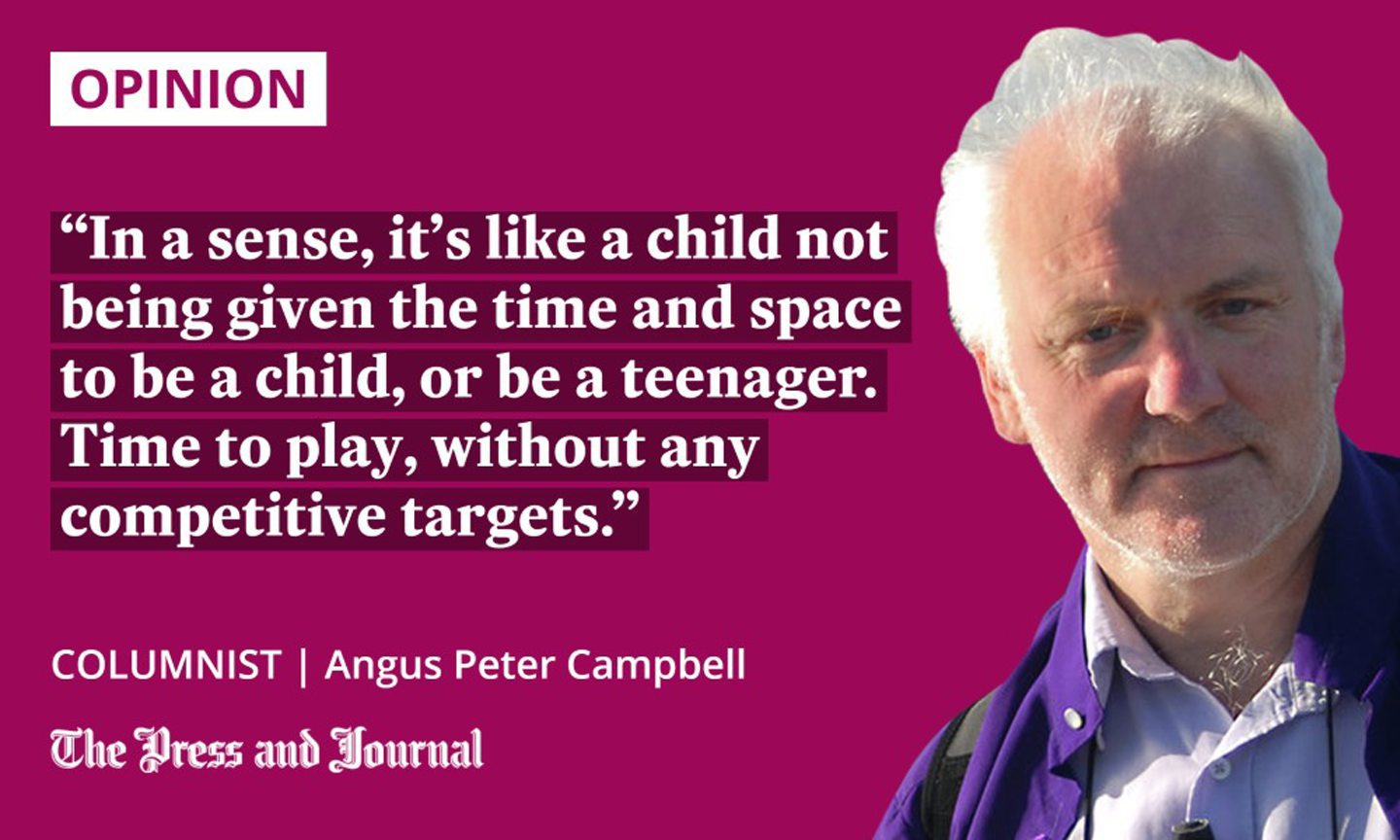
He was made an honorary citizen of Seoul in 2001 and is a recognised expert on the politics of South East Asia. He assures me that China will indeed be the superpower of this century.
Aside from recalling our fun-filled student days, I spent some time asking Mick about the extraordinary developments that have happened in Korea over the past 60 years or so.
South Korea transformed into a leading technological nation
Following the partition of Korea in 1945, with the surrender of Japan, the Soviet Union administered the peninsula north of the 38th parallel, and the United States the area to the south. In 1948, the two separate governments of North and South were established and that hard division remains today.
North Korea was and still is a one-party state, while South Korea has been a democracy since the overthrow of the dictator Park Chung-hee, who ruled from his military coup in 1961 until his assassination in 1979. According to Mick, those 18 years of authoritarian power made South Korea into the modern, advanced nation it is today.
Chung-hee’s policies transformed South Korea from one of the poorest countries in the world to one of the leading technological nations. How? Partially because, as a dictator, he could.
Mick says that Chung-hee understood one basic lesson: you need money to survive. So, he asked himself: how do we make money? By selling stuff, his advisors told him. What kind of stuff, he asked? Stuff that folk want to buy. Which is what? We don’t know, they said. So, he said, go and find out.
And they did. They went to Japan and Europe and America and asked companies what they needed. And some said lights and some said engines and some said telephones and some said washing machines and some said ships. So, Chung-hee ordered his people to start making lightbulbs and cars and phones and fridges and ships.
But, we don’t know how to make these things, they said. Find out, he said. And they did.
Why not Scotland?
The stories are legion of how Korean engineers and businessmen came to the West on business trips and visited various factories and shipyards and photographed the machines and ships, then went back and studied them and built them cheaper and better.
It’s been a breathless race towards the future in South Korea. But at what cost?
And, so, the pattern was set: ask companies throughout the world what they want, and then sell it to them. The basic rule of demand and supply was then fed into the country’s education system. So, the main narrative for the past three generations has been one of economic production and development.
Why couldn’t Scotland do that? I asked Mick. Partly because we’re not a dictatorship, he said, and partly because we are not culturally Koreans. Or, it may be because we’ve never really planned, beyond whisky and tourism. Or, because we blame Westminster.
Urbanisation has a price
It’s been a breathless race towards the future in South Korea. But at what cost? Mick’s Korean wife Amer told me about the high rates of depression and suicide, especially amongst young people.
For the past two decades, her country has had the highest suicide rate among developed nations. Many factors, from loneliness to poverty, feed that tragedy, though there is also a sense that the country has “developed” too rapidly, with targets imposed from on high.
In a sense, it’s like a child not being given the time and space to be a child, or be a teenager. Time to play, without any competitive targets.
Time to have fun – to fling teabags at the ceiling, as it were – before taking on the full responsibilities of adulthood. Time to be free before the bells of rent-paying and work and “success” and career and mortgages begin to toll.
Urbanisation has its price. I’m sure young Koreans don’t miss the labour of the paddy fields but, just like here in Scotland, I have a sense they miss the equivalent of Chris Guthrie’s “peewits crying across the hills, deep and deep, crying in the heart of you and the smell of earth in your face, almost you’d cry for that…”
Angus Peter Campbell is an award-winning writer and actor from Uist
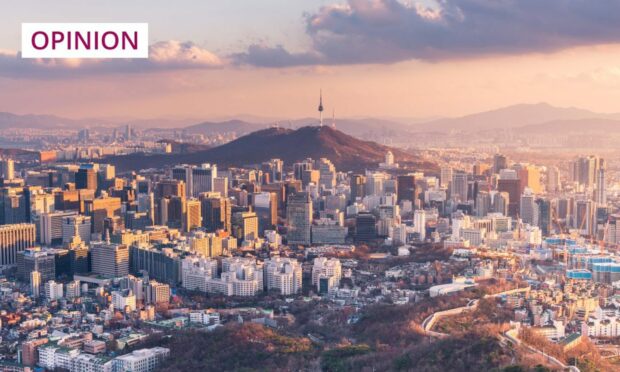
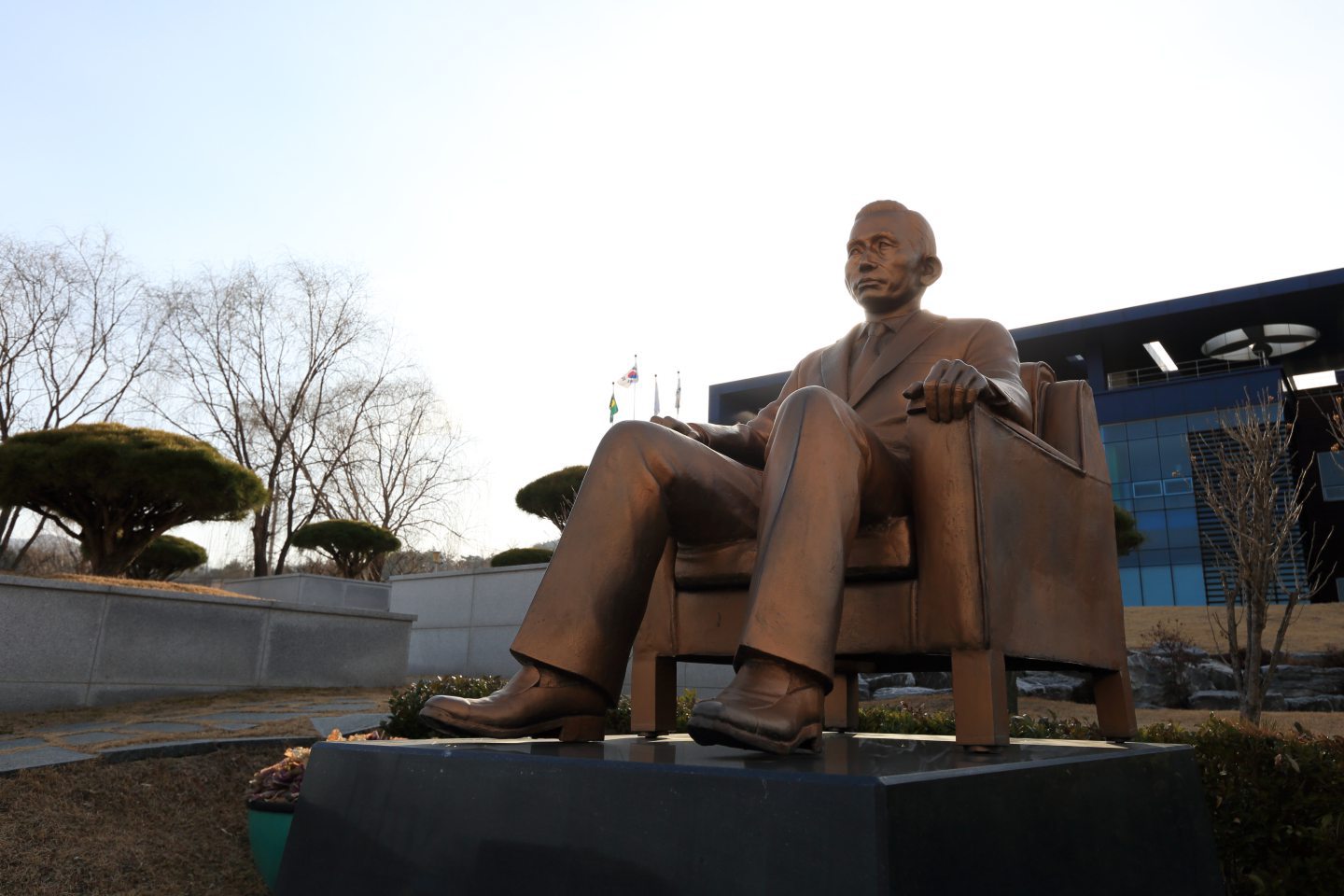
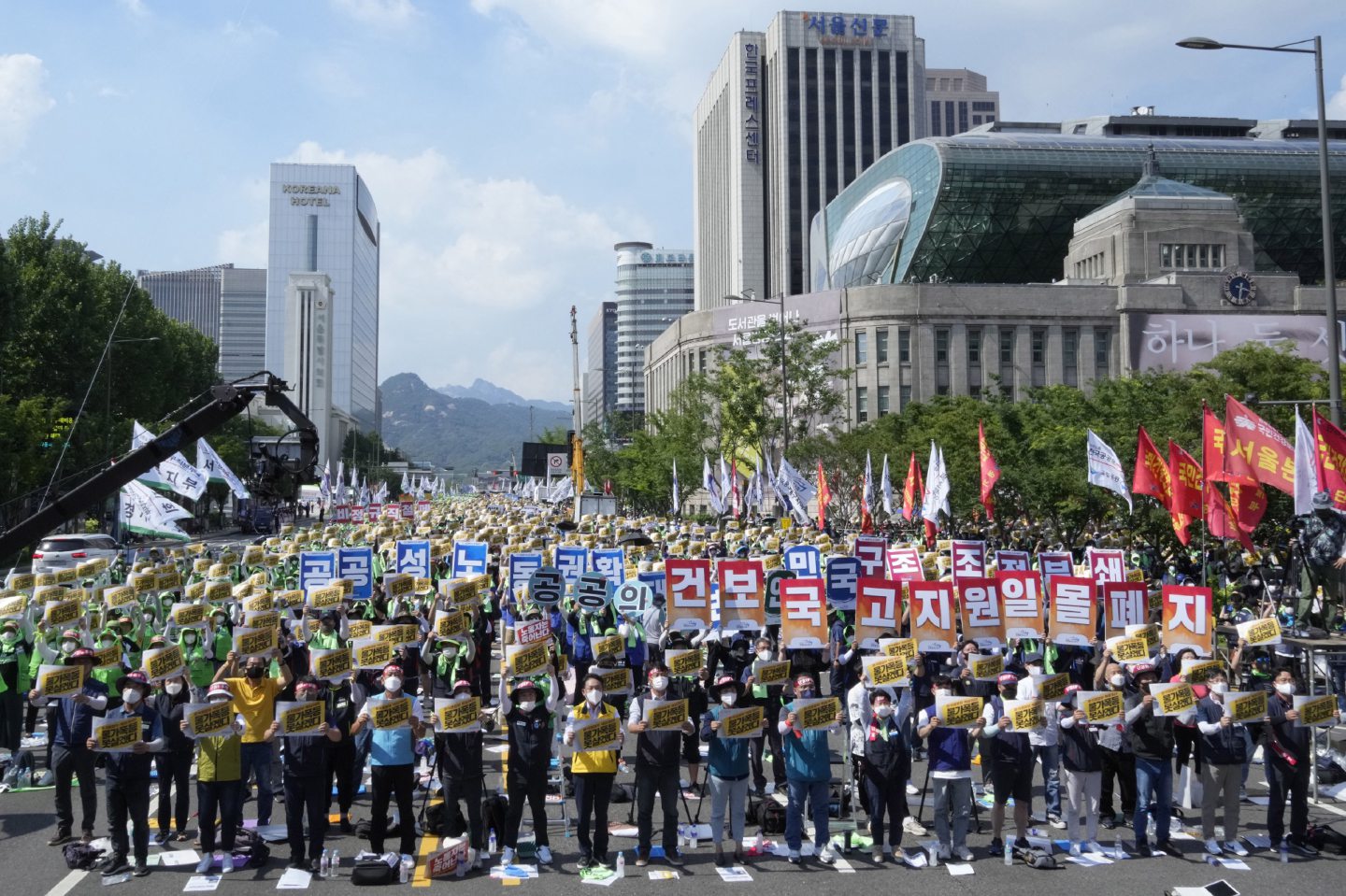

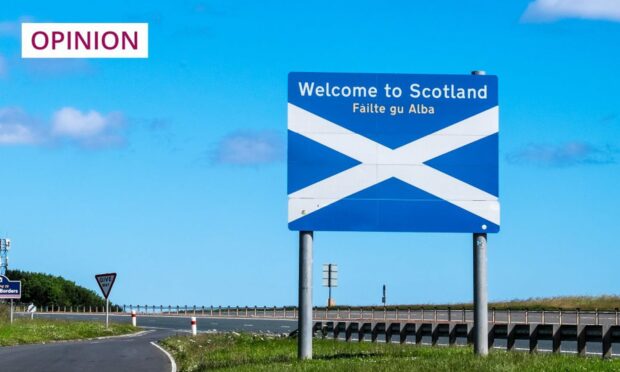


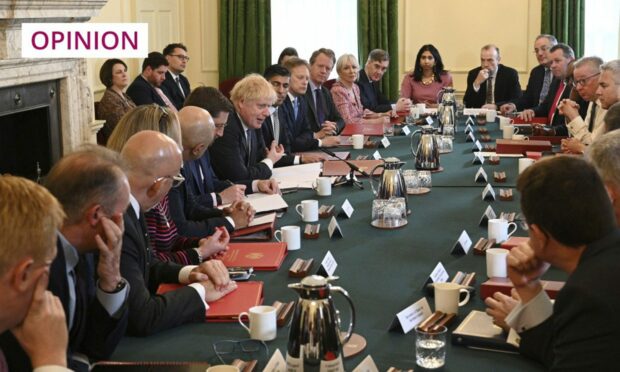
Conversation